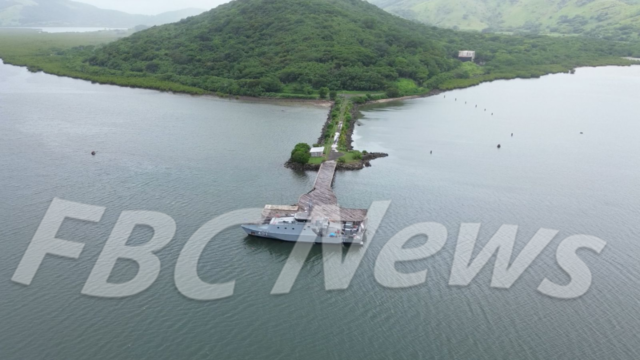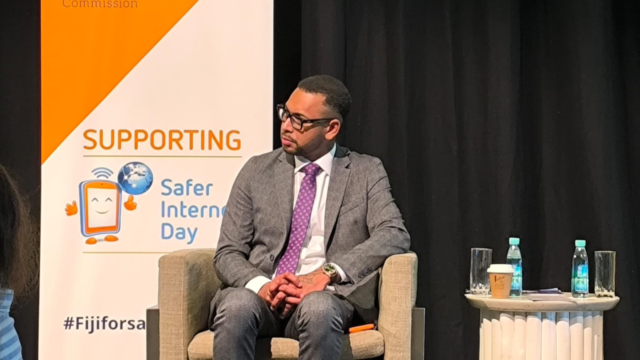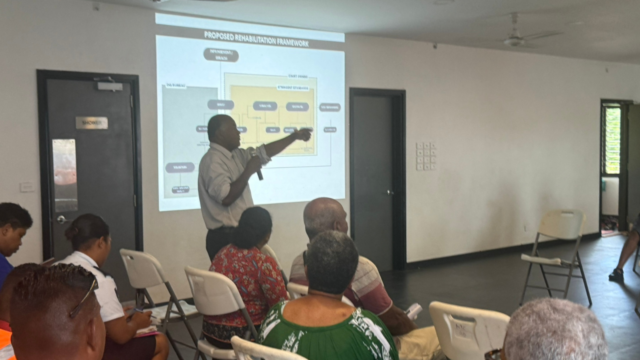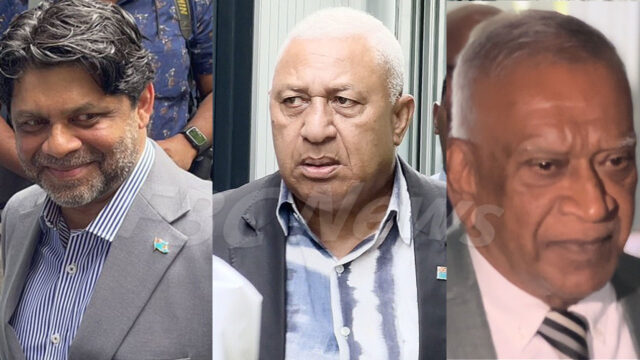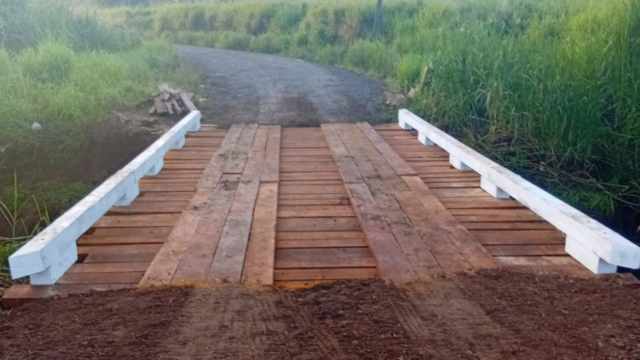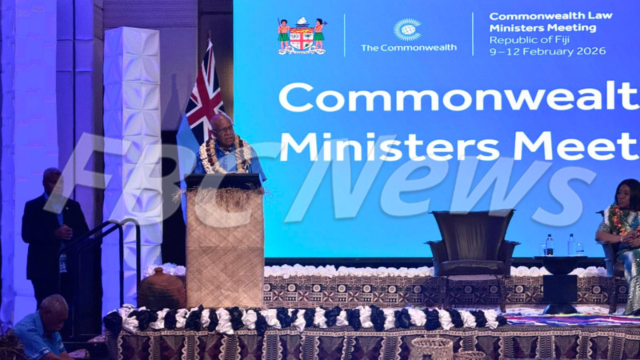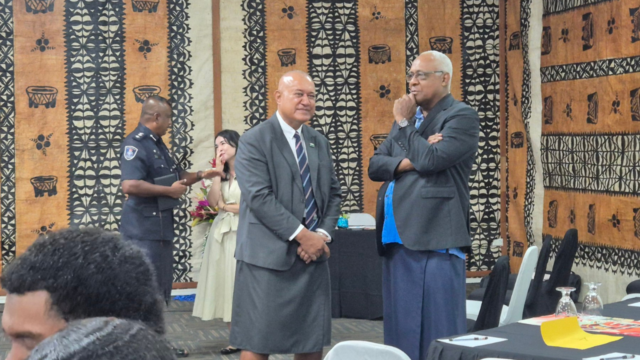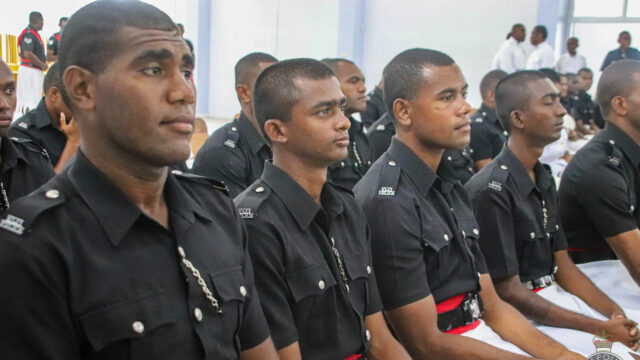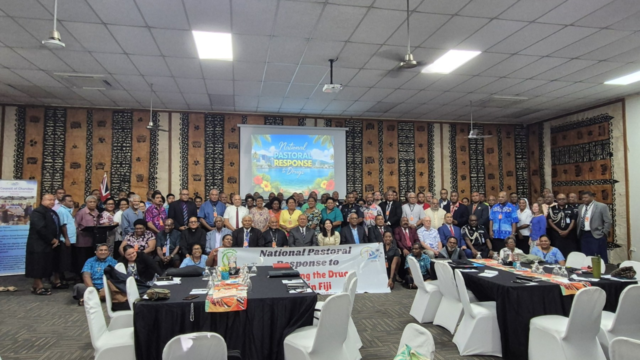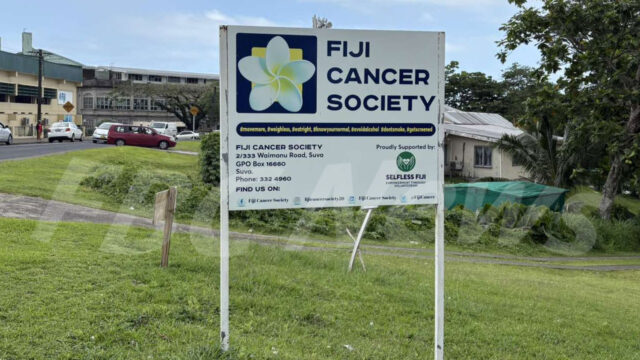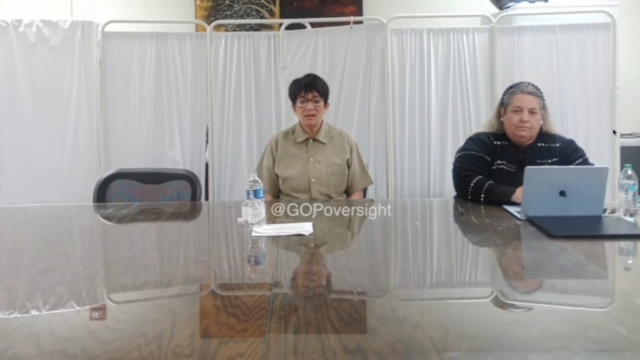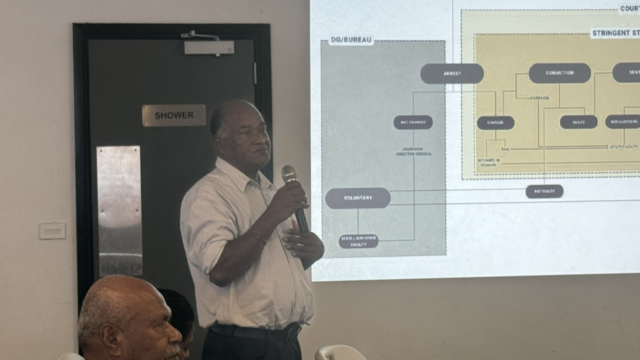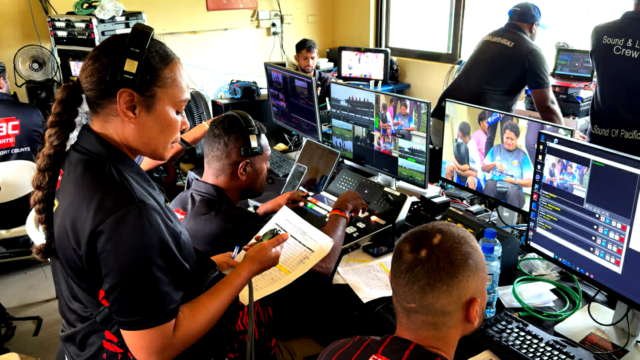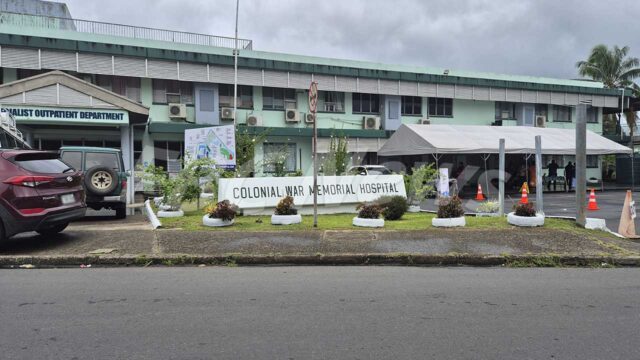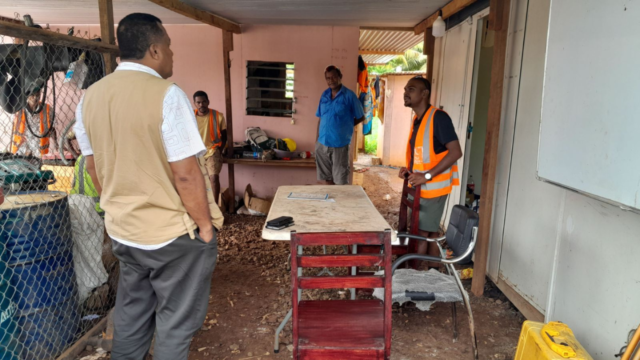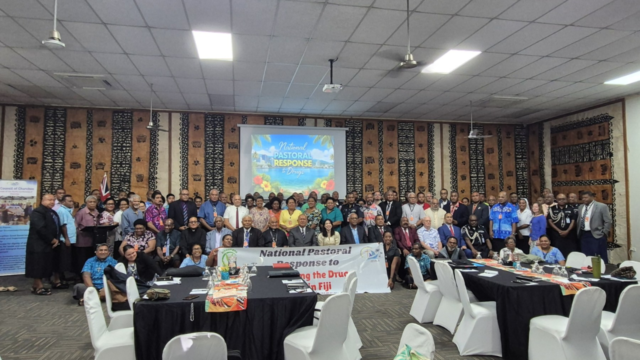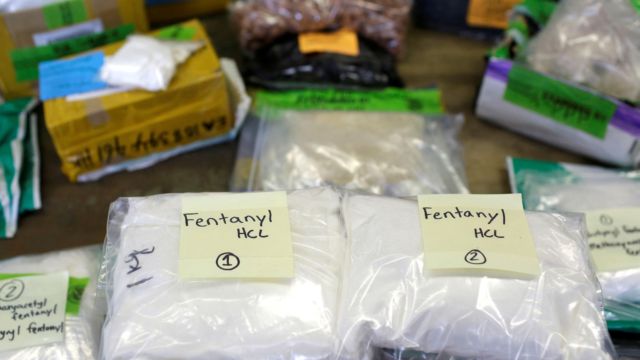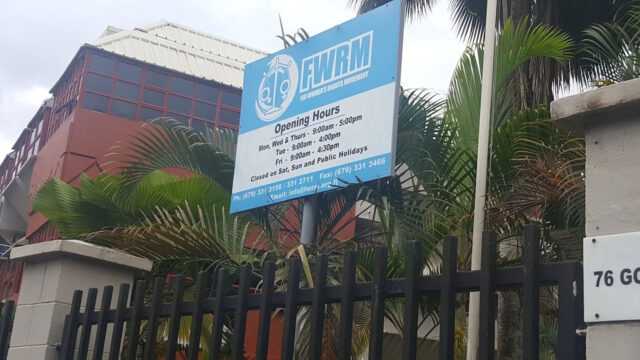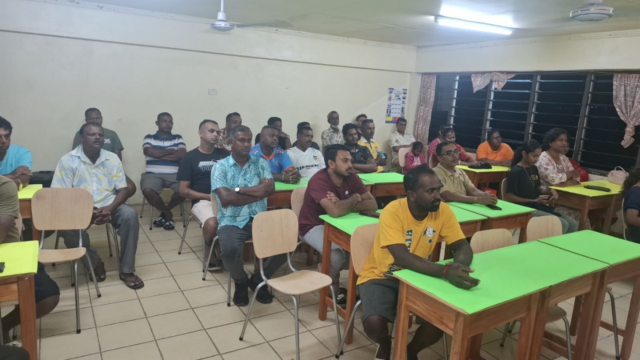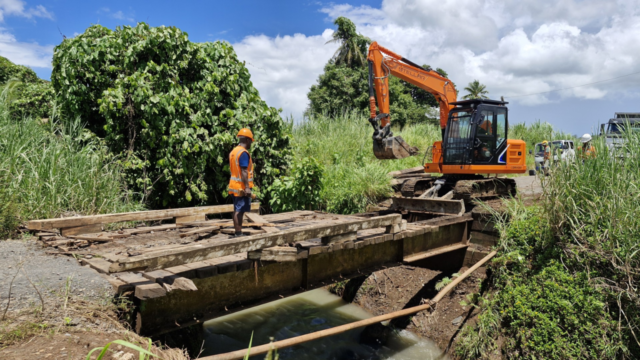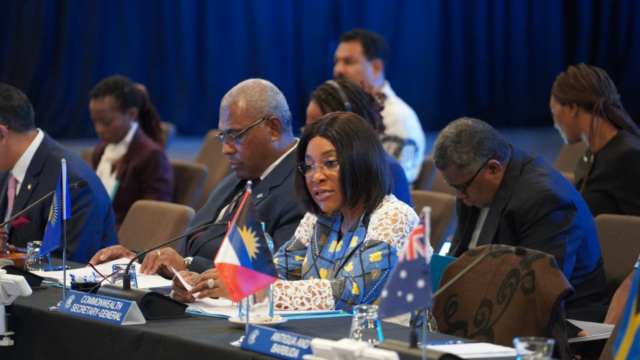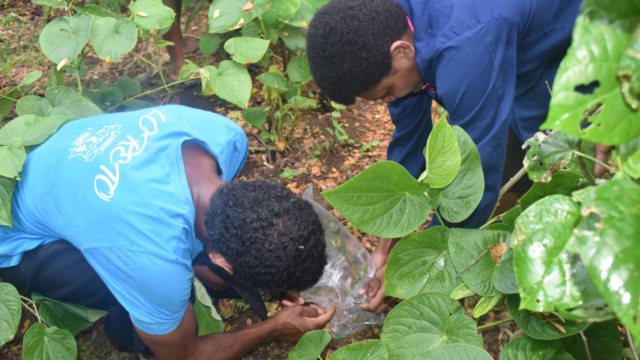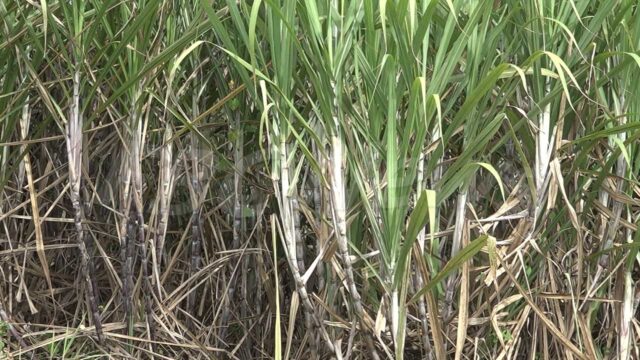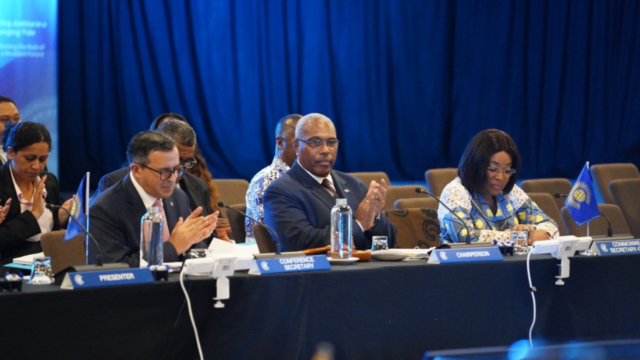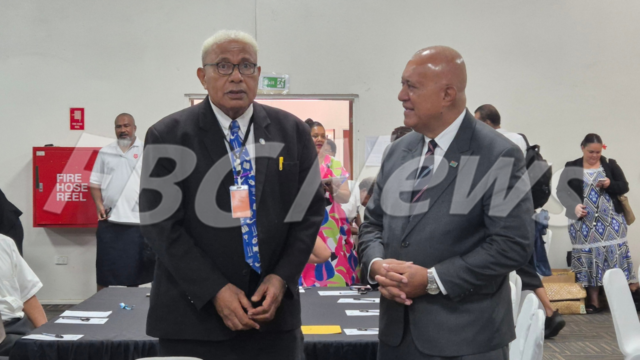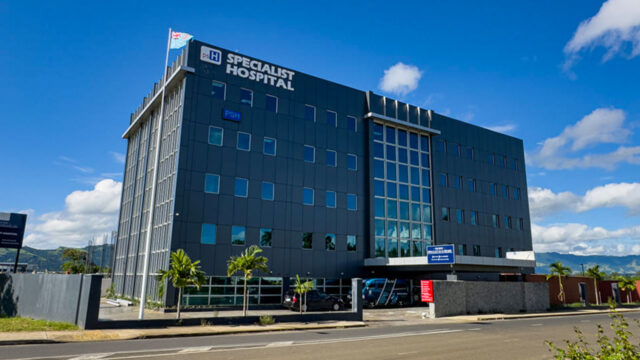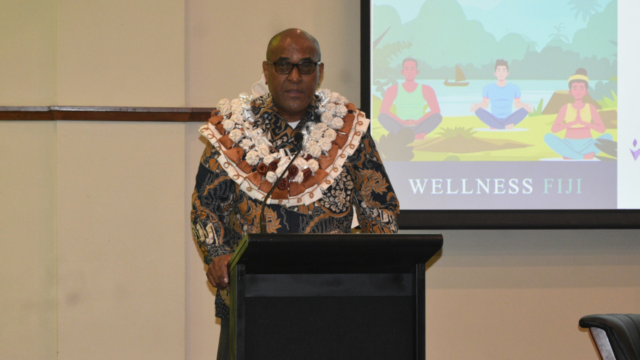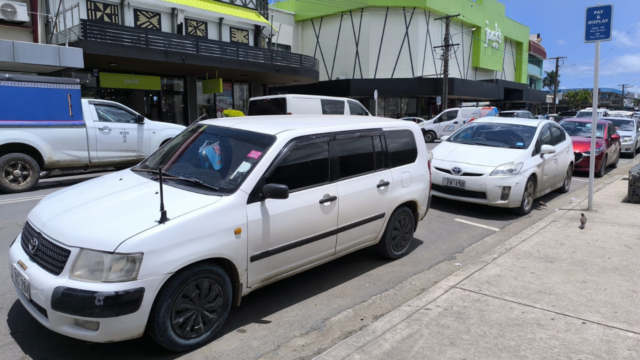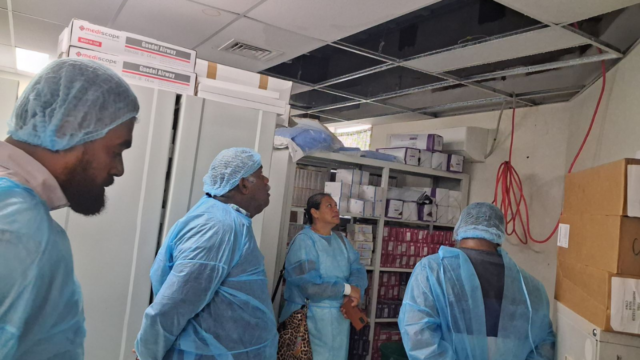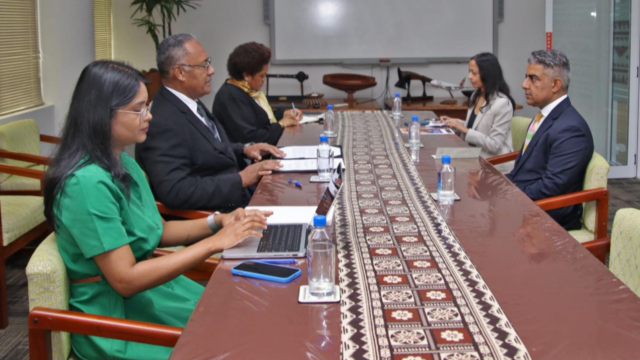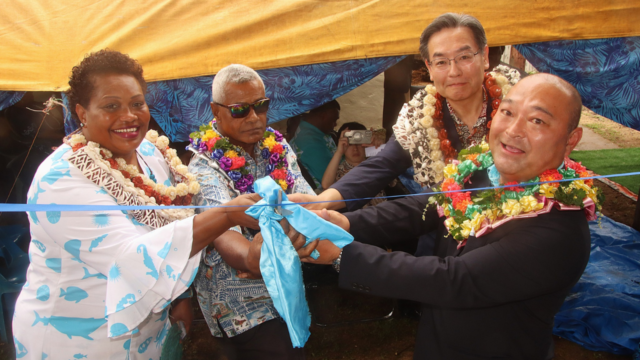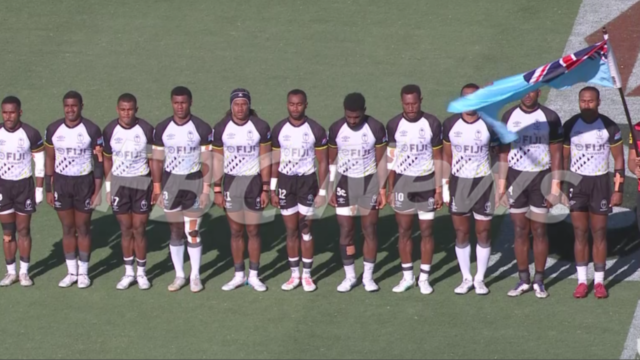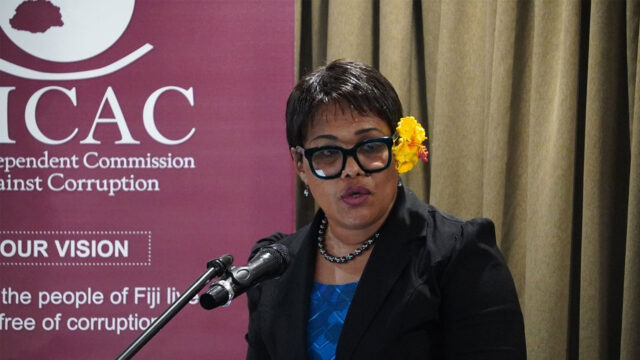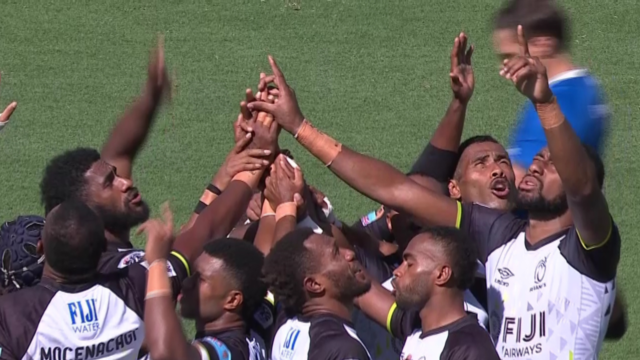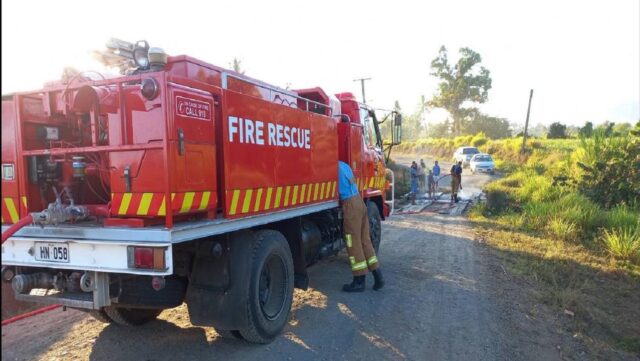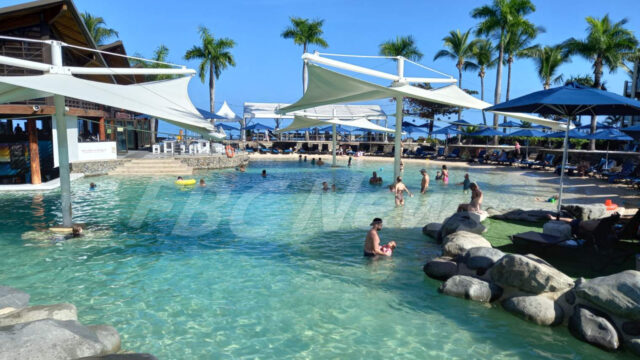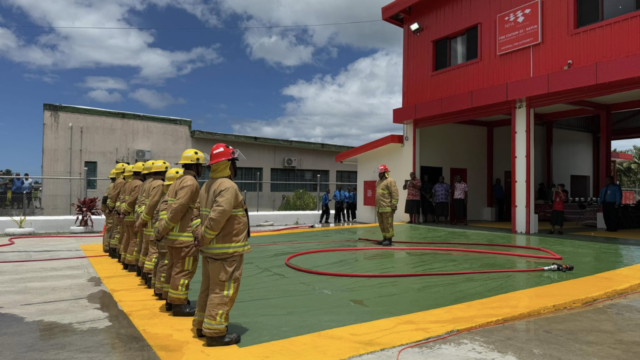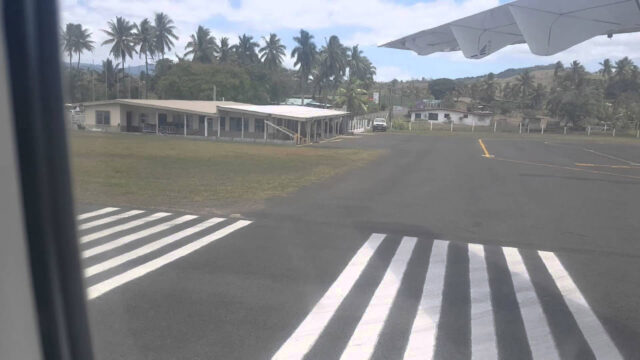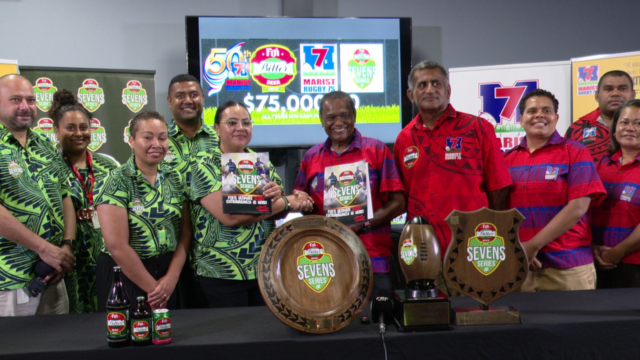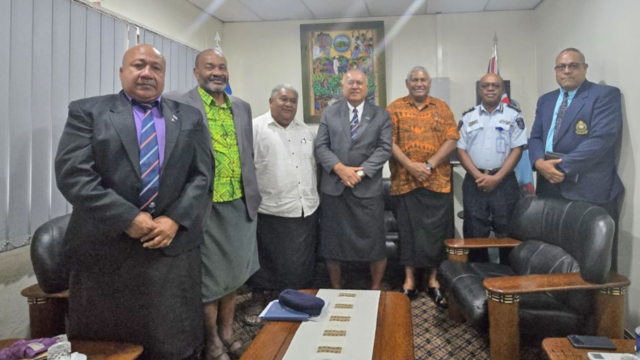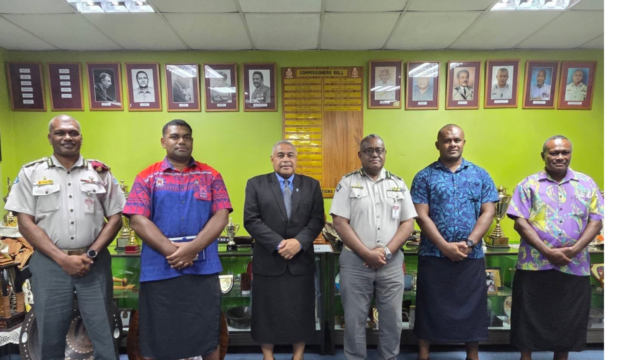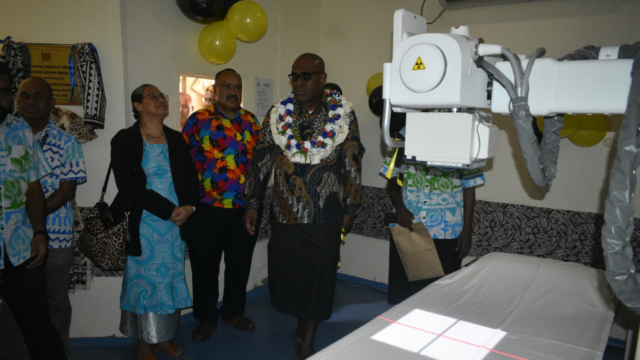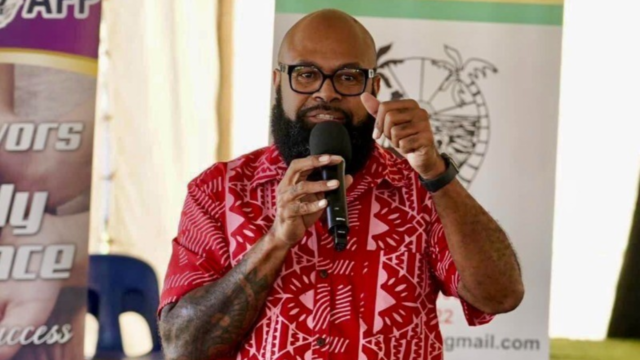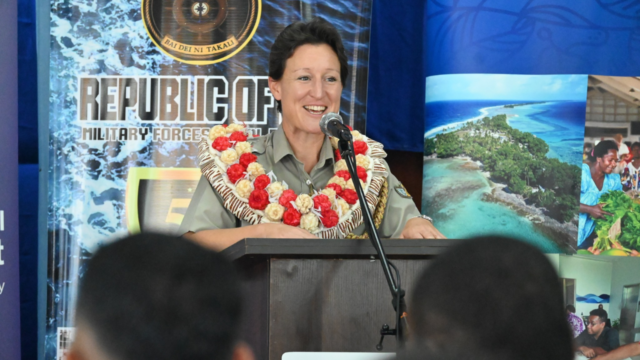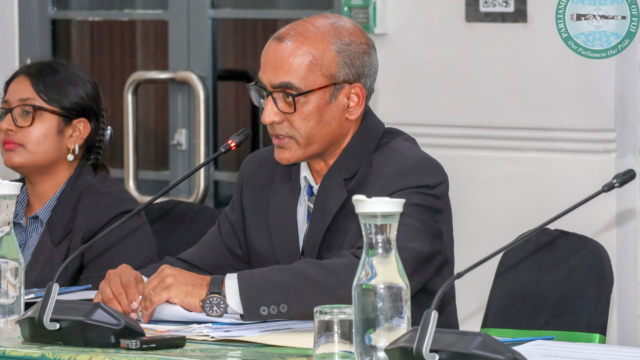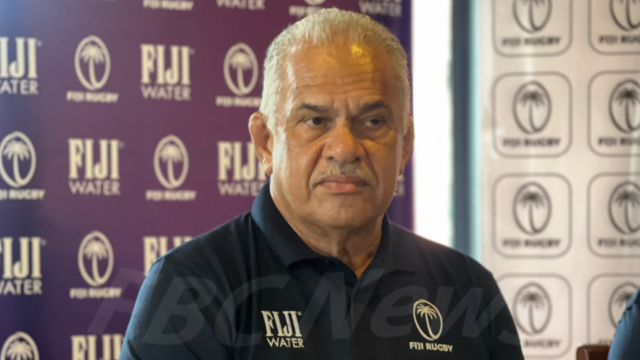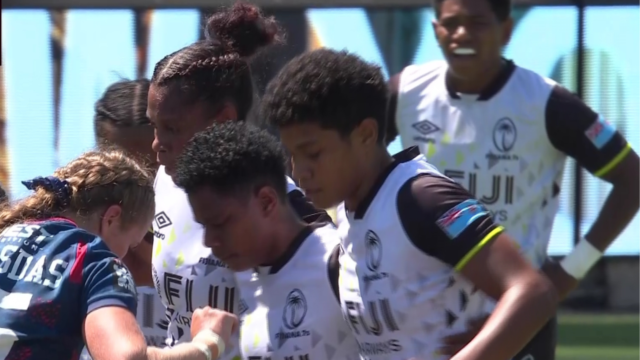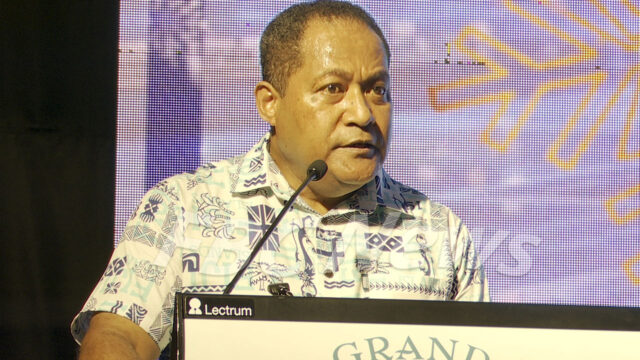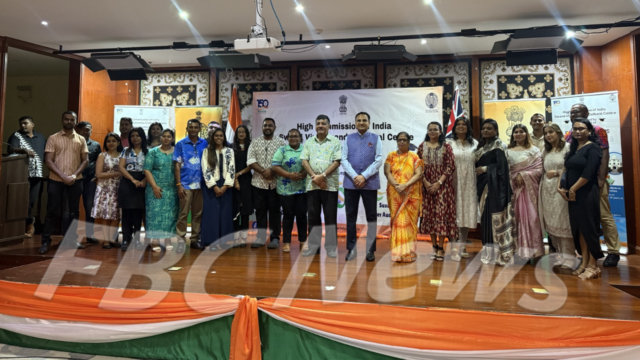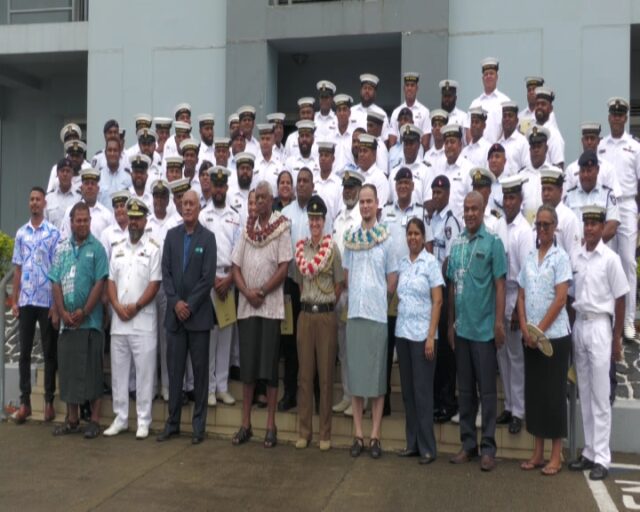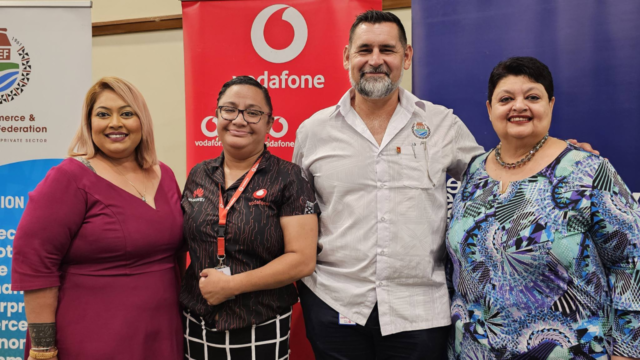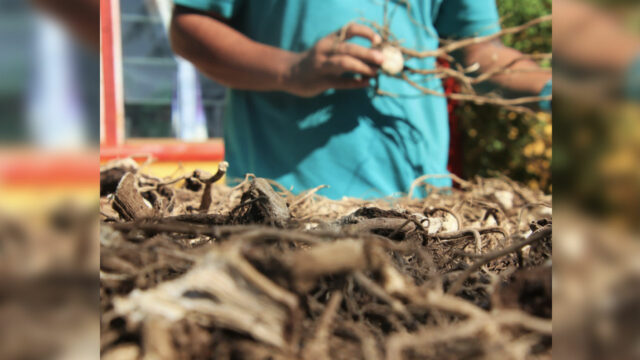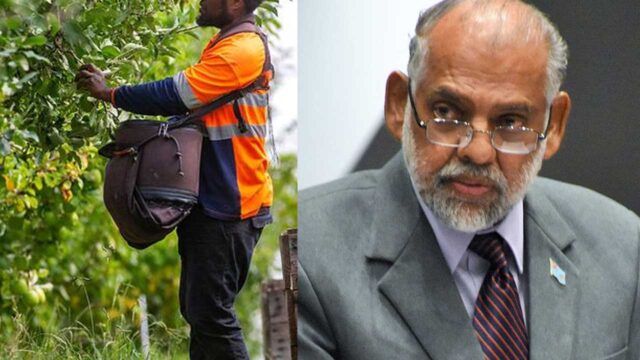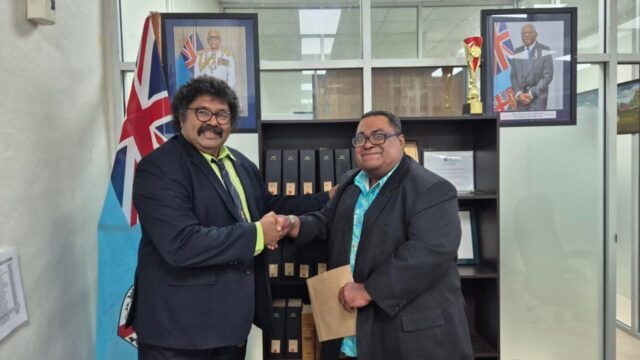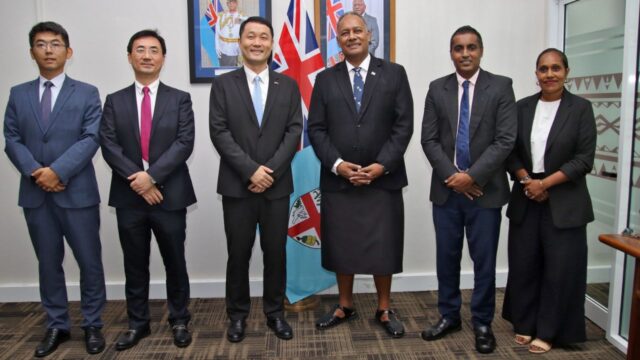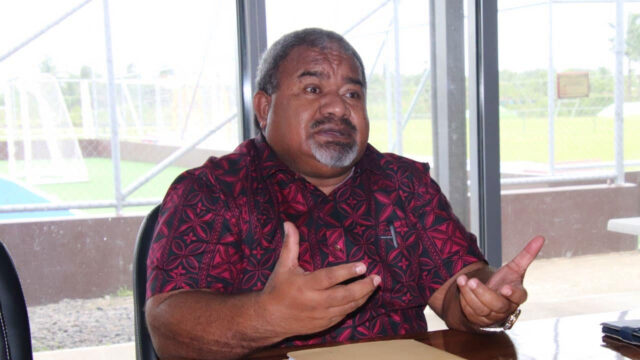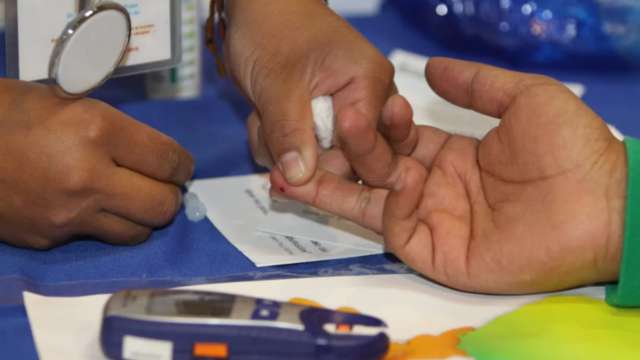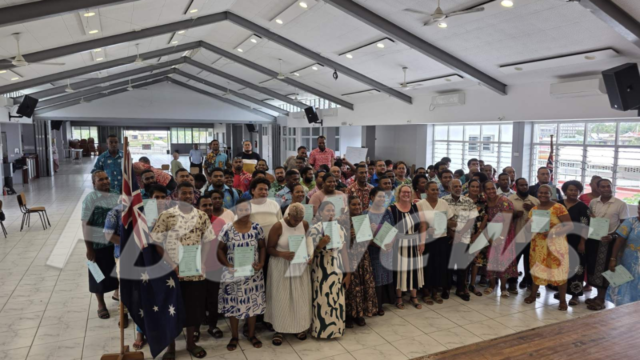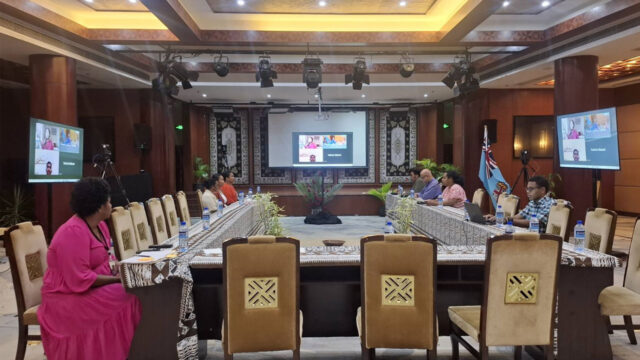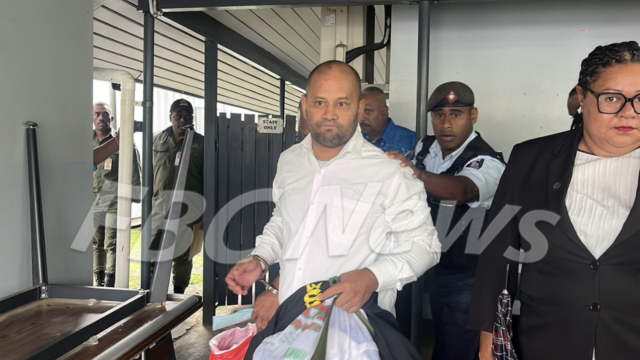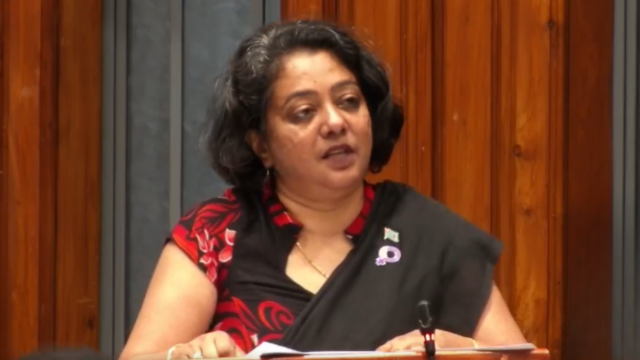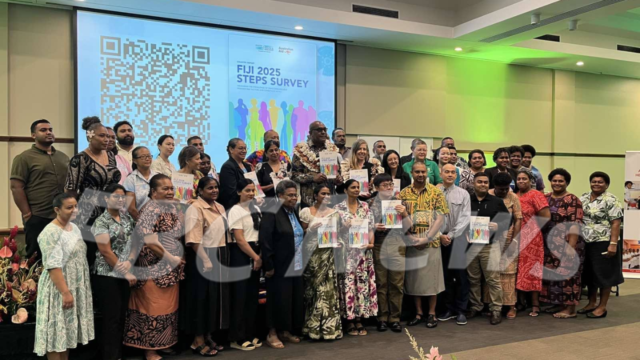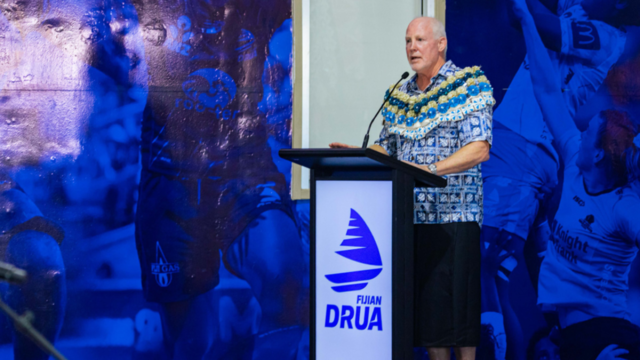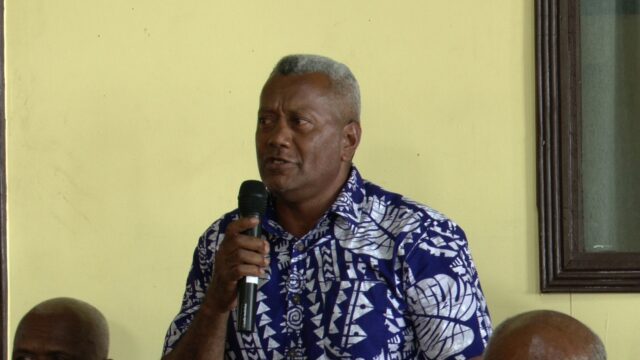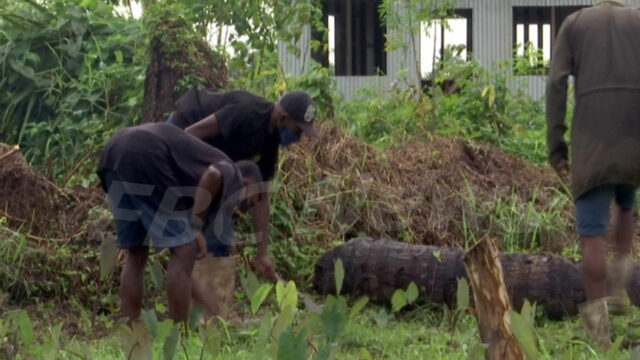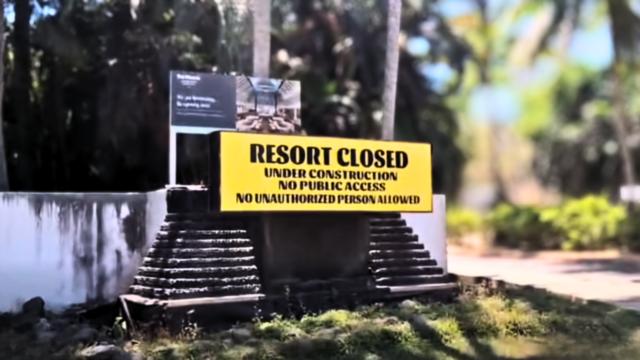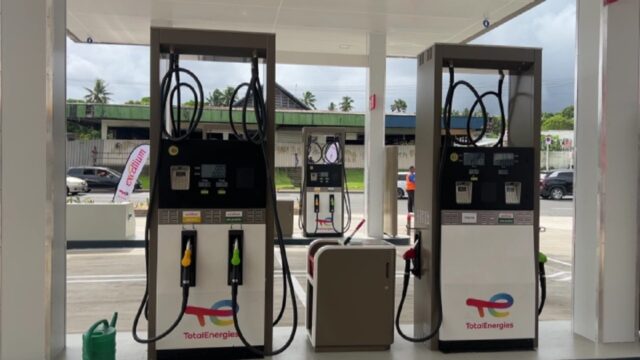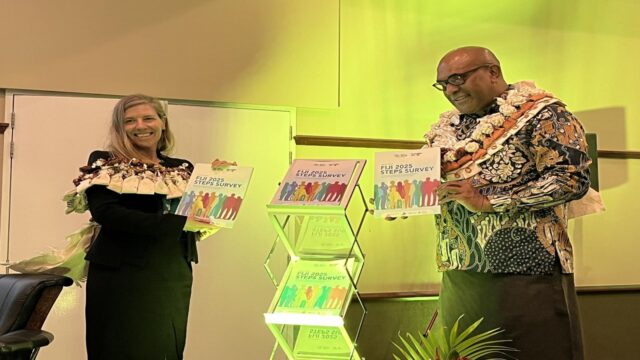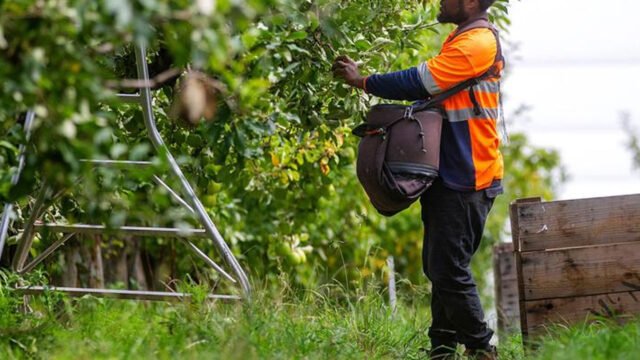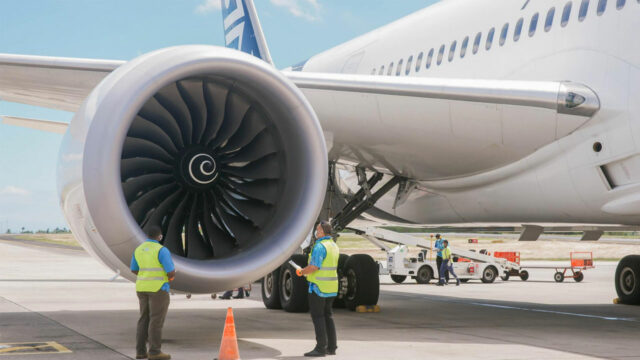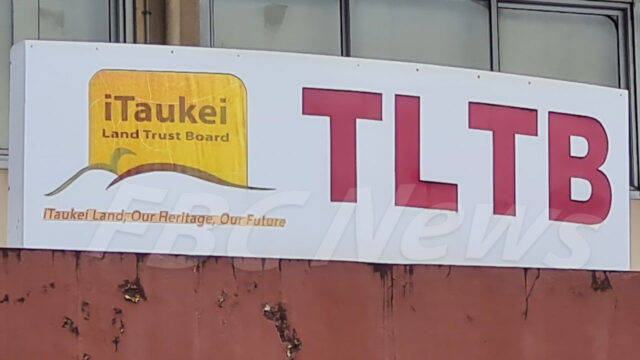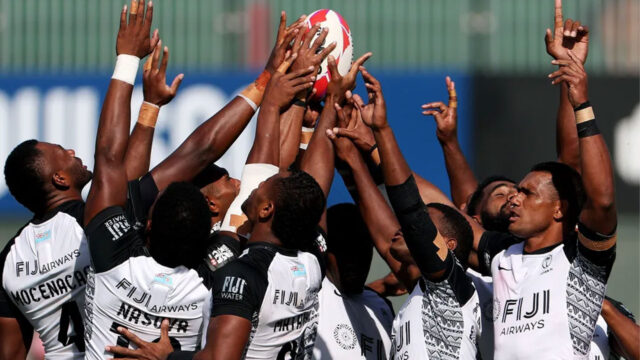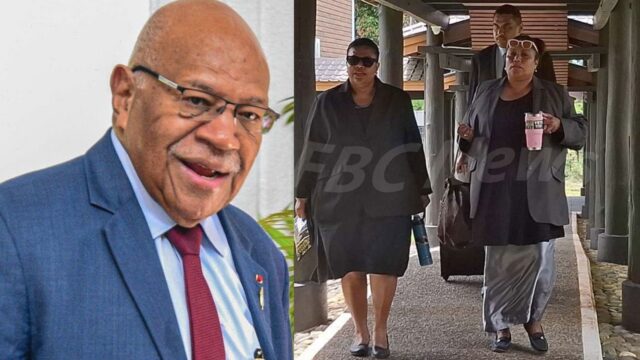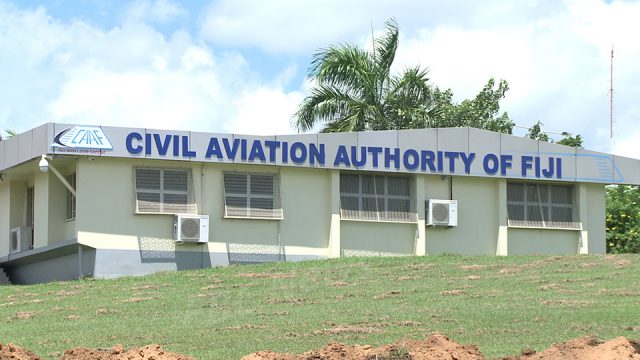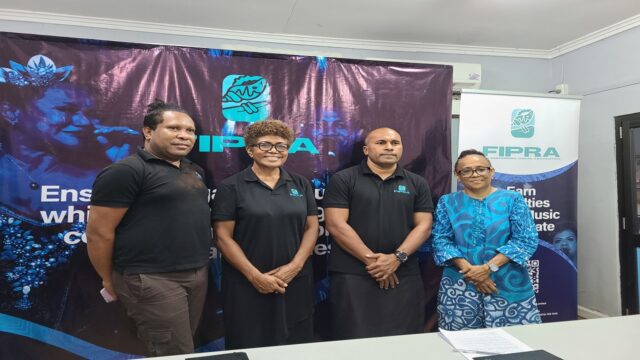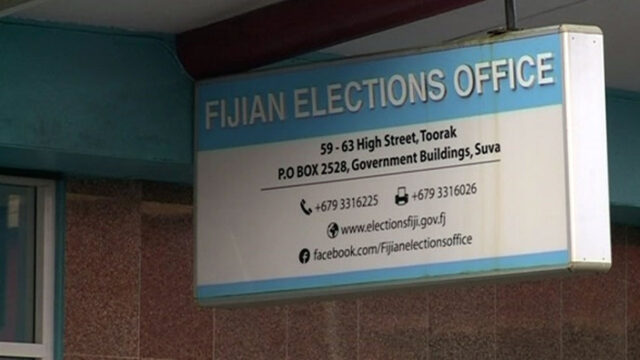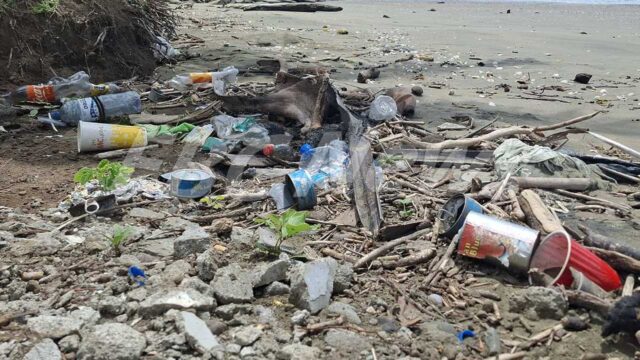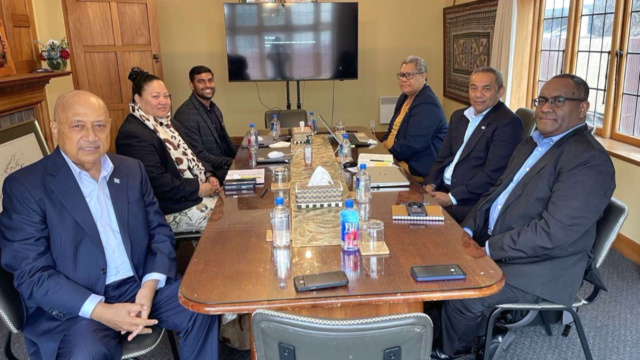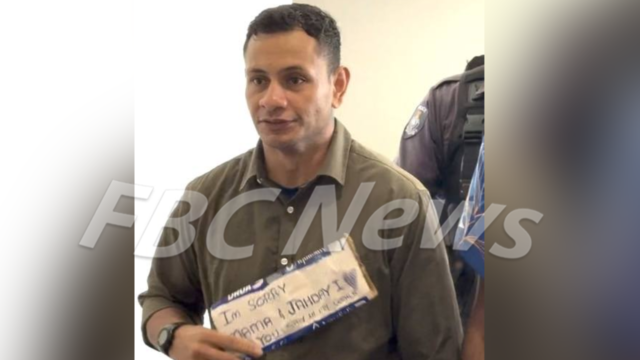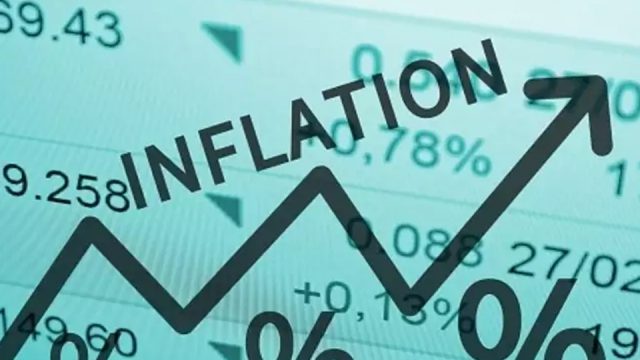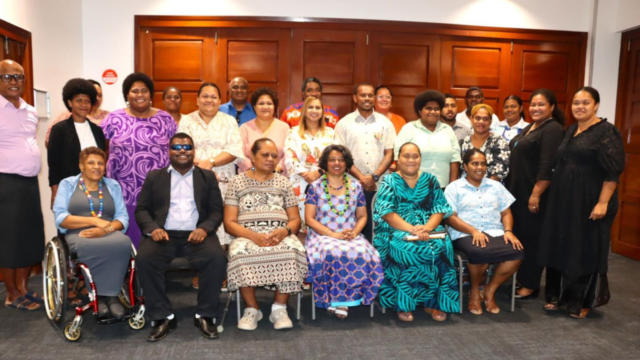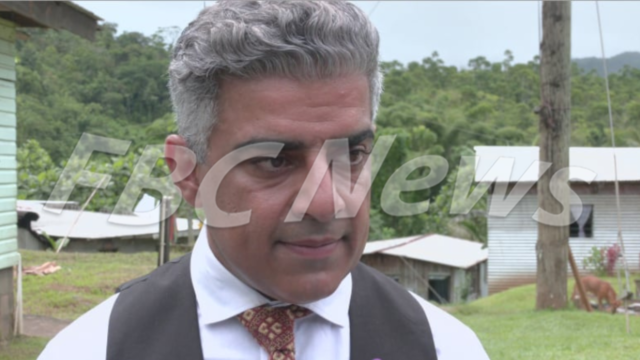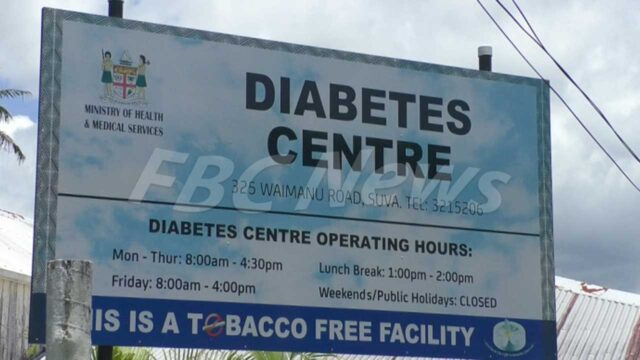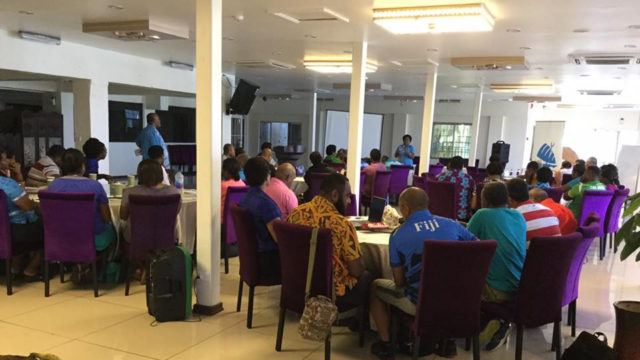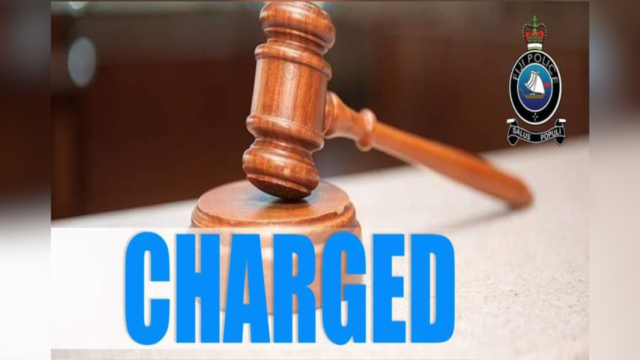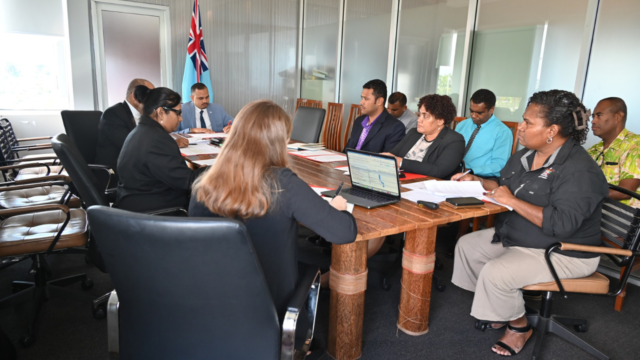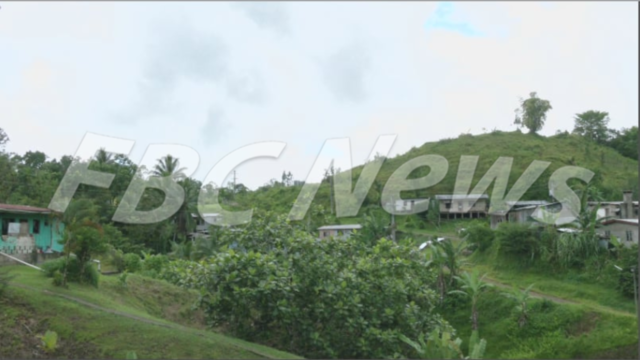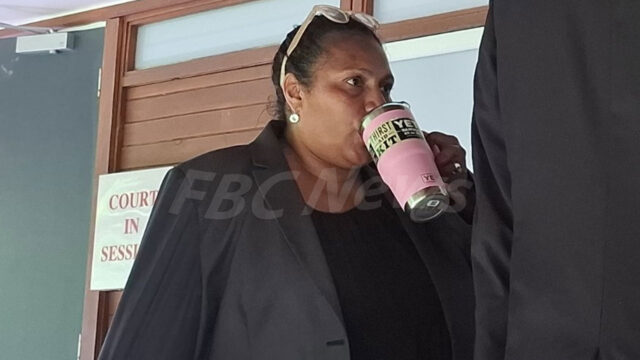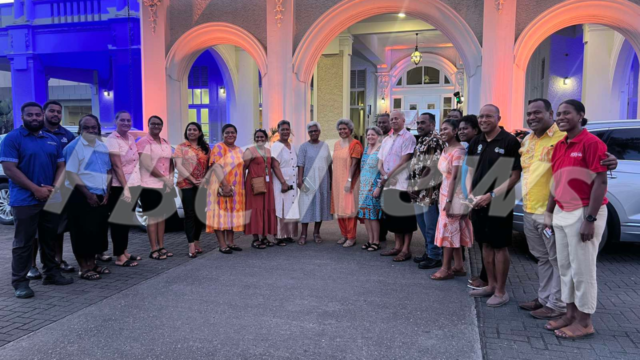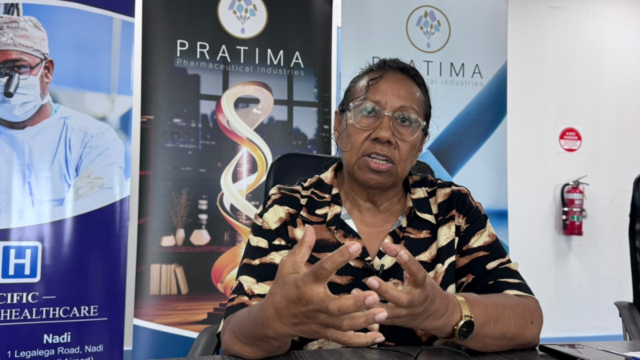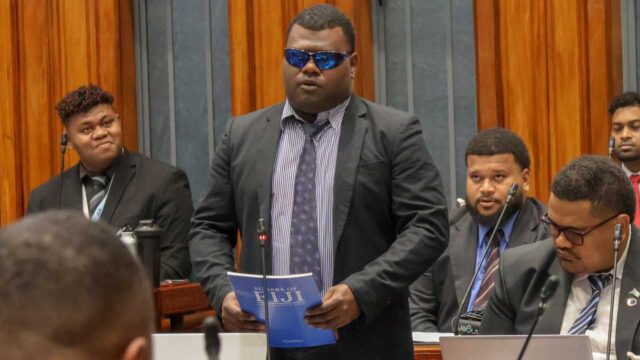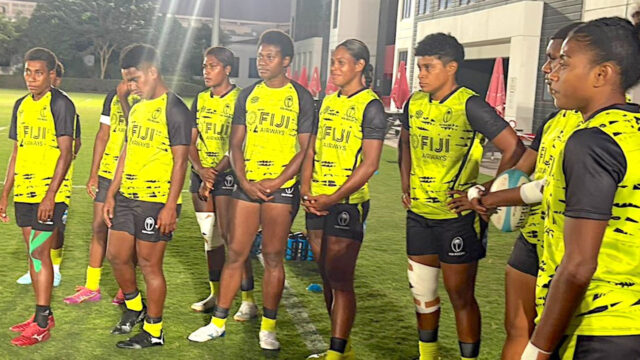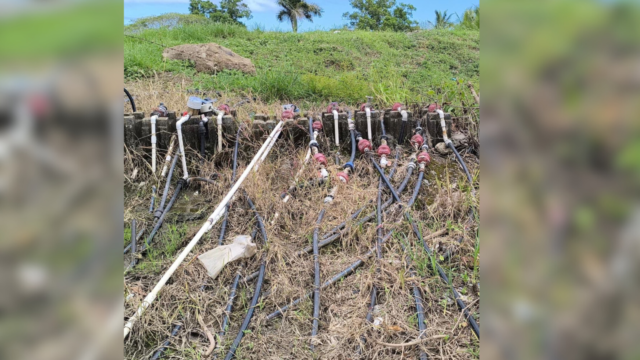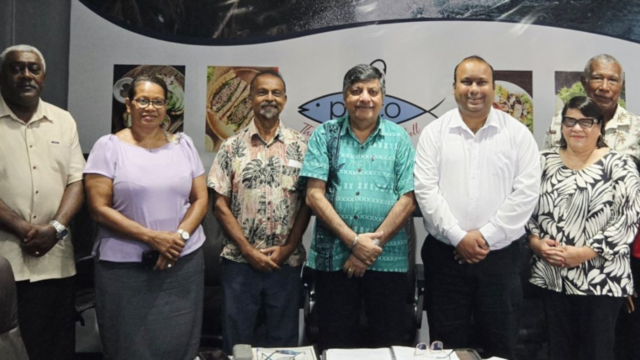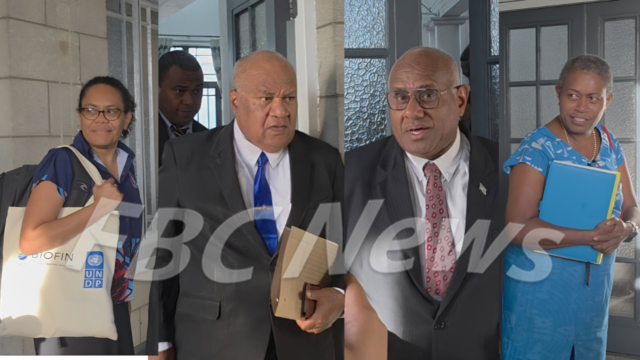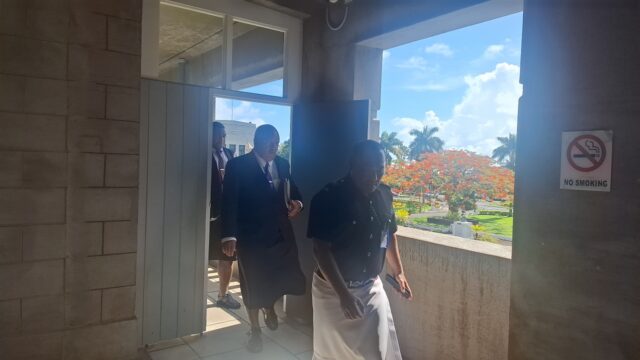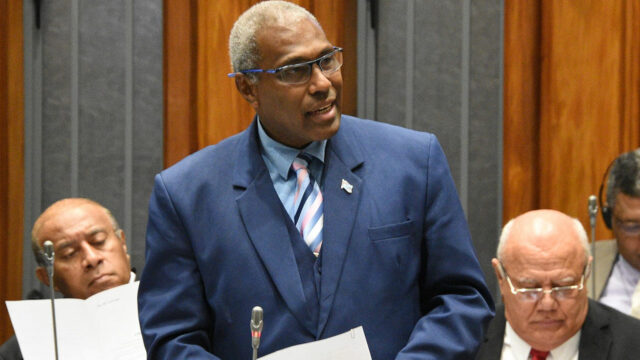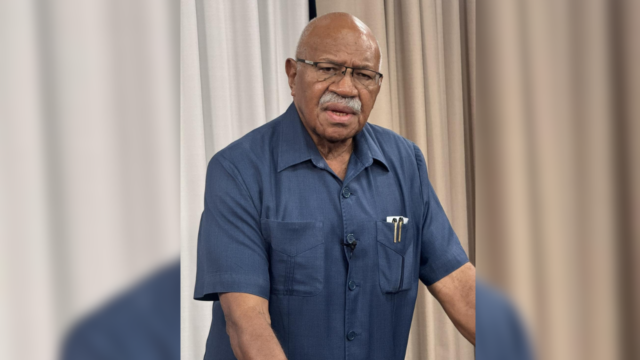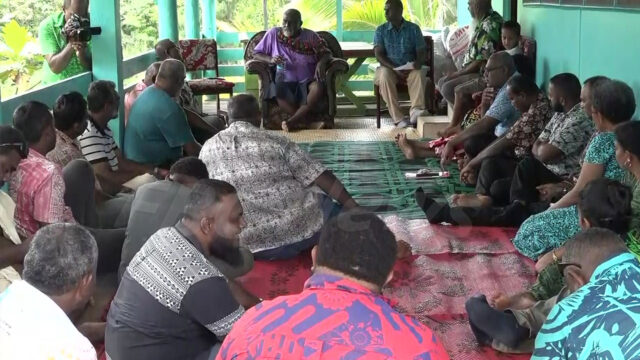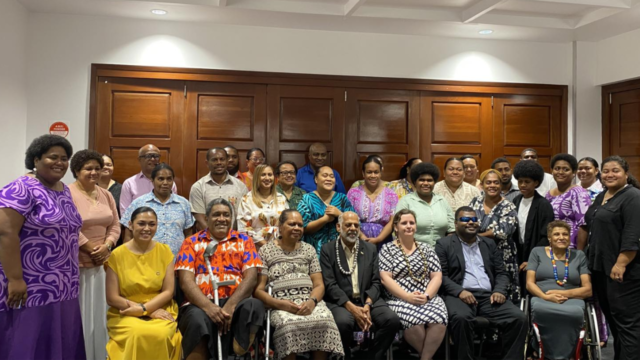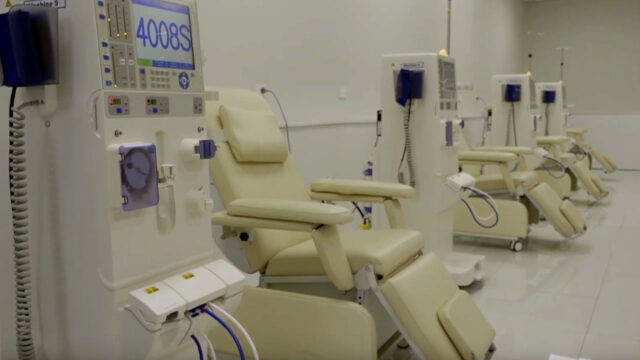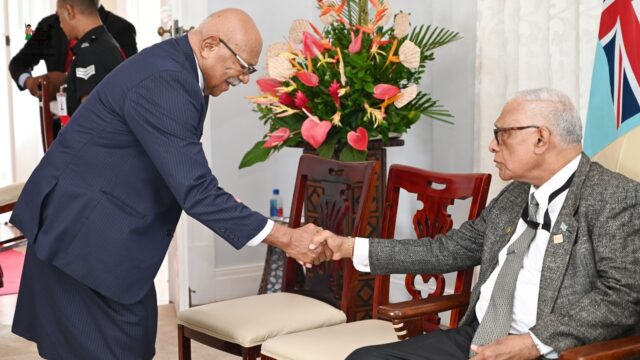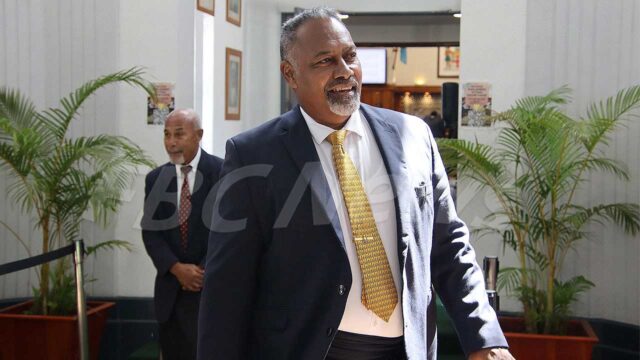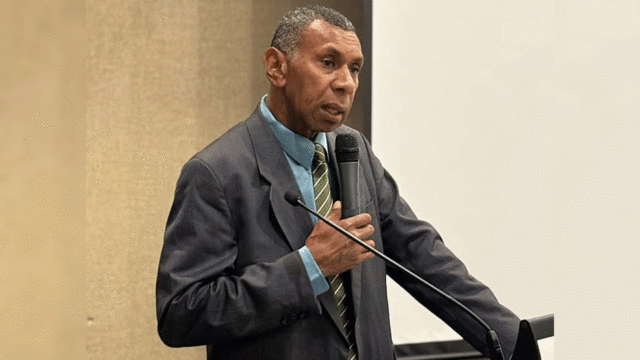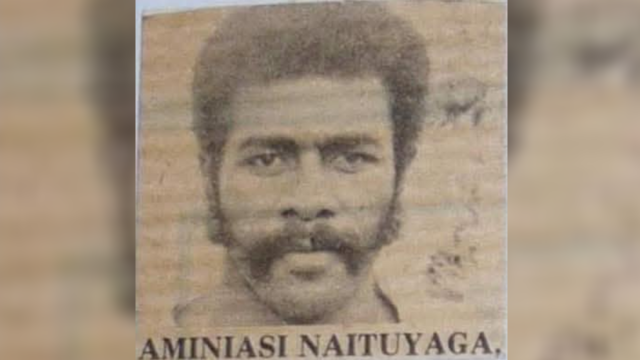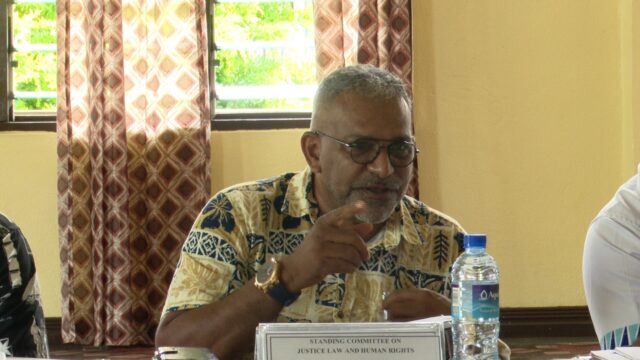
The 2025–2026 National Budget has placed teachers and technical and vocational education and training at the forefront of the government’s education priorities.
In the new financial year, 1125 new teachers will be recruited.
This includes 962 secondary school teachers, 117 primary school teachers, 41 early childhood education teachers and five special education teachers.
With a total of $847 million allocated to the education sector, the government has made it clear that, education remains the most powerful investment.
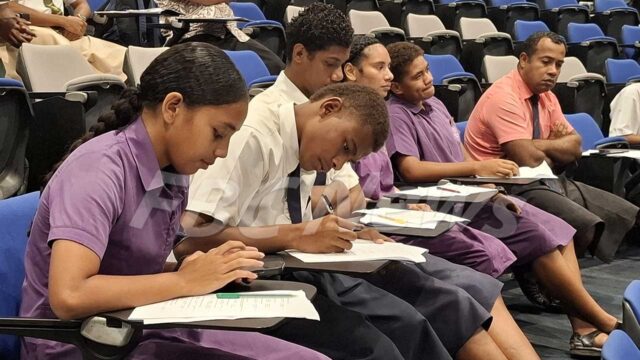
The Ministry of Education is allocated $675 million, which includes $86.5 million for higher education institutions. In addition, $153 million is provided for tertiary scholarships.
Deputy Prime Minister and Finance Minister Professor Biman Prasad says all teachers received a pay rise in the last budget and they are increasing that further across the civil service by an additional three percent in this budget.
Professor Prasad says they are recognizing the critical role of Early Childhood Education by funding ECE teachers on a full-time basis.
He says although ECE classes typically run for half a day, these teachers contribute significantly to the broader school environment.
“We will now regularize their appointments, placing them on equal footing with other teaching staff and granting them access to financial services such as loans and mortgages, opportunities that were previously inaccessible.”
A total of $416 million is allocated for teacher salaries in the upcoming financial year.
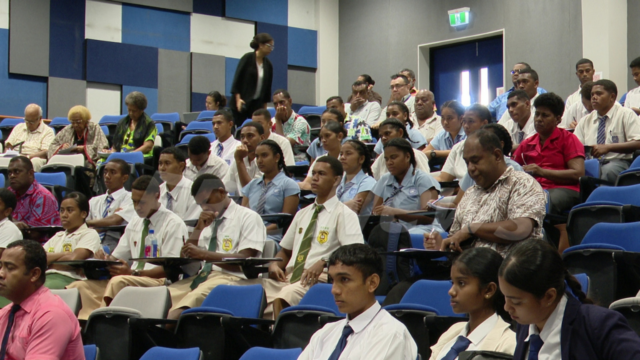
There is also a big focus on technical and vocational education and training to help young people gain practical skills for jobs.
Professor Prasad says the number of TVET scholarships will increase from 2,780 to 4,500, and the program will now include students with special needs.
Students will also be able to get TVET training overseas, in places like Australia and New Zealand, for courses not available in Fiji.
He says this is only for TVET training not available locally and of national priority such as in the area of Water and Sewerage, Manufacturing, Nautical Science, Hydrology and Aviation Management.
“Also starting from the new financial year, $3,000 per student will be allocated for visa lodgment and processing. TSLS will engage a licensed agent to get visas processed on time and send students before commencement of classes.”
Professor Prasad says apart from this, the meal allowance has been increased from $150 per week to $250 per week, commencing from Semester 2 of 2025.
Stipends will be paid directly to students account, and they can decide on renting out or staying in hostel.
The Finance Minister adds that they are undertaking major reforms in the way schools are funded.
This is based on extensive consultation across the country and feedback from school management and committees.
From this budget onwards, the use of the free education grant will be fully flexible.
This means school managements will now have full autonomy over how the free education grant is spent.
Professor Prasad says the current rigid rules such as limiting only 20 percent for building and compound maintenance, 15 percent for IT equipment, or 30 percent for administrative and office expenses will be removed.
Schools will be empowered to decide how best to use the grant.
Professor Prasad says for instance, they may choose to use 90 percent for school expansion or allocate none for maintenance if there is no immediate need.
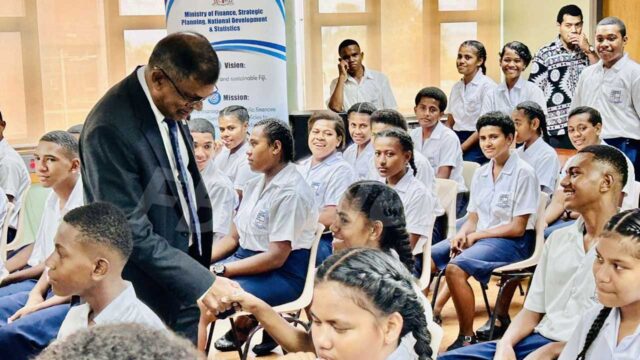
School management will have the full freedom to plan their spending, save funds, or even borrow against the grant for major investments.
He says they are placing the trust in school heads and leaders of school management committees because they are best positioned to understand and respond to the needs that will drive better teaching and learning outcomes.
The Government will continue to provide teachers and student support, while schools will manage infrastructure and operations.
A total of $65 million has been allocated for the free education grant for more than 225,000 students.
The current restriction that limits school fundraising to once per year and that too, with the approval of the Government will be removed.
The Finance Minister says fundraising will now be open and flexible, but voluntary.
He says this approach will foster stronger community partnerships and greater parental involvement, as was the case in the past.
He says they believe restoring this partnership will promote a deeper sense of ownership and engagement in the education of our children.
In addition to these funding reforms, school leadership will be strengthened.
For the first time the government is providing the School Management Association a funding grant of $500,000.
The Finance Minister says this will support capacity development and leadership training for school managers.
Furthermore, for the first time $300,000 each will be provided to Principals Association and the Head Teachers Association.
In the 2025-2026 Budget, Government is allocating $153 million to fund tertiary studies for 24,653 students, which includes 11,593 continuing students and 13,060 new students.
This will be a historically high number of students under full scholarships.
The government has also reviewed the scholarship allowance for students as it has been unchanged since 2014.
For Merit Based High Achievers Local Scholarship, the scholarship allowance will be increased from $6,800 per annum to $7,600 per annum.
For other Merit Based Schemes where students are from outside the campus city, the allowance will be increased from $5,000 per annum to $5,600 per annum.
For other Merit Based Schemes where students have their home in the campus city, the allowance will be increased from $3,000 per annum to $3,200 per annum.
For Students with Special Needs Scheme, the allowance rate has been increased from $6,800 per annum to $8,600 per annum. This is to accommodate travel costs and purchase of special gadgets for study purposes.
The government is also introducing Equity and Inclusion Based allowance which is to accommodate students from low socio-economic background particularly for students whose both parents are deceased and are either taken care by legal guardian or staying in home care.
These students will receive an additional allowance of $1,000 per annum. This is applicable to students on Home and Away Campus Allowance and students will be required to provide necessary documents.
To ensure quality and alignment to labour market needs, Government had introduced a minimum cut off mark of 250 out of 400 in year 13 for all degree programmes.
To bring some equity in scholarship scheme, the cut-off mark for students from rural and maritime zones will be reduced to 240.
This will provide equity for rural and maritime school students considering the disparities in resources and other inherent challenges with remoteness.
The student transport assistance budget has been increased by $13 million to $50 million.
The Finance Minister says a few months ago, the Fijian Competition and Consumer Commission increased student bus fares, aligning them with adult fares.
The Cabinet promptly decided that this change must not burden any student or their families.
Therefore, for students with blue cards from households with an income below $16,000, the government will continue to cover 100 percent of the adult fare.
For students with yellow cards and parental income above $16,000, the government will provide a 50% subsidy.
This means that no child or parent will bear any additional cost, even though fares had doubled.
Professor Prasad says this commitment comes at a higher cost.
The government will also tighten the management of the transport assistance program to prevent abuse.
Top-ups will now be available only to students with active FEMIS identity and once a student leaves school, their subsidy will automatically cease.



Stream the best of Fiji on VITI+. Anytime. Anywhere.


 Praneeta Prakash
Praneeta Prakash 
